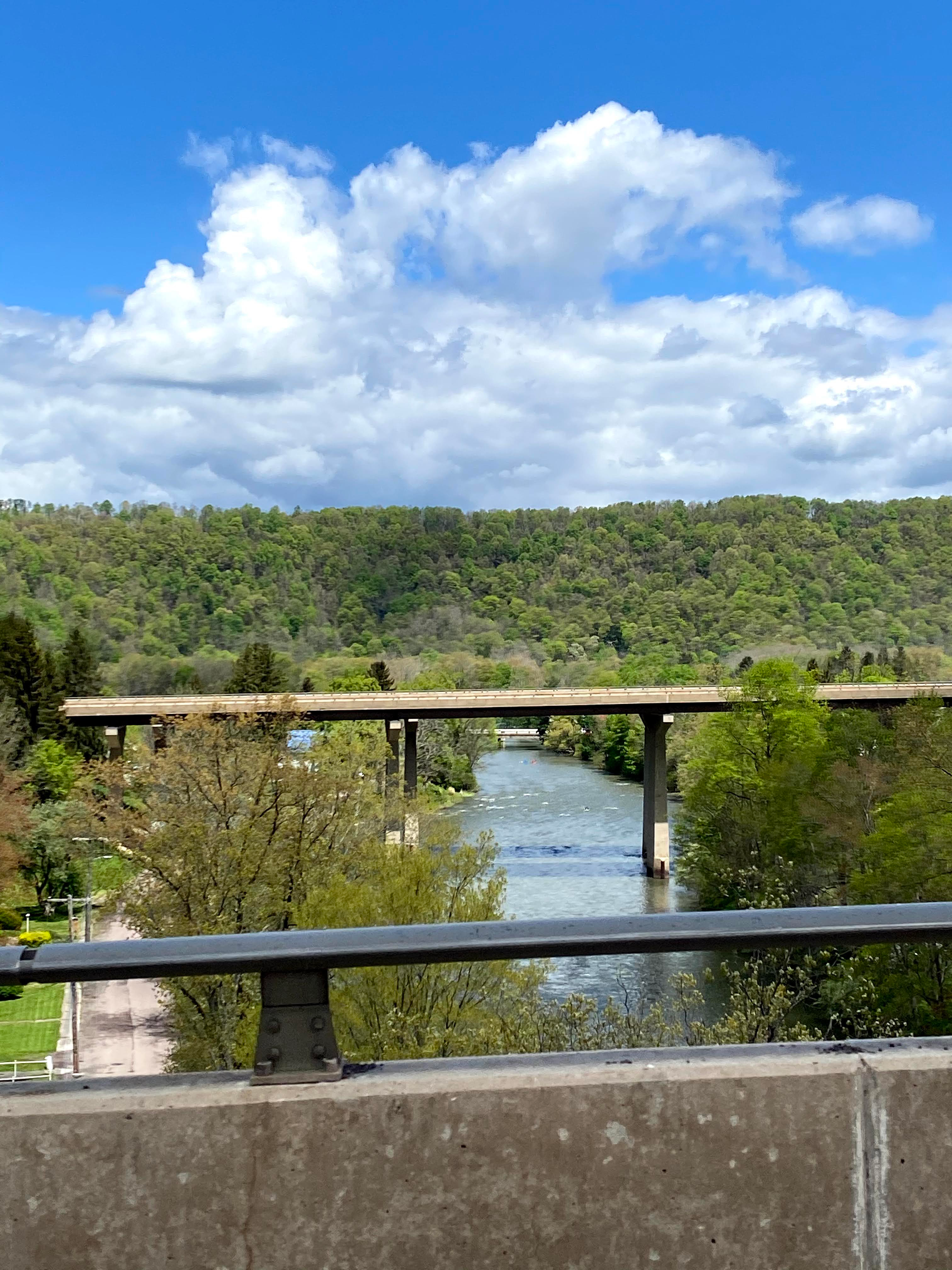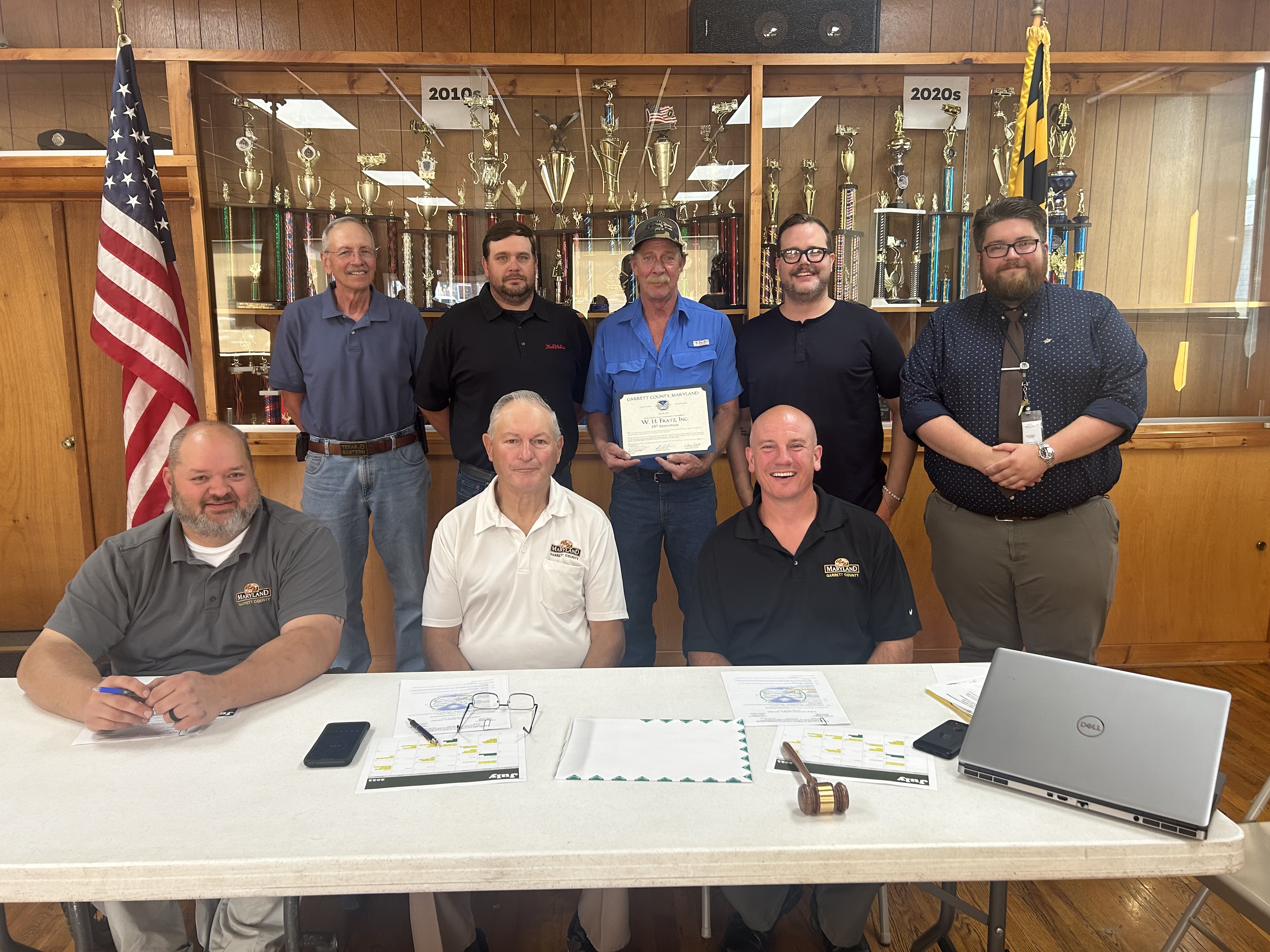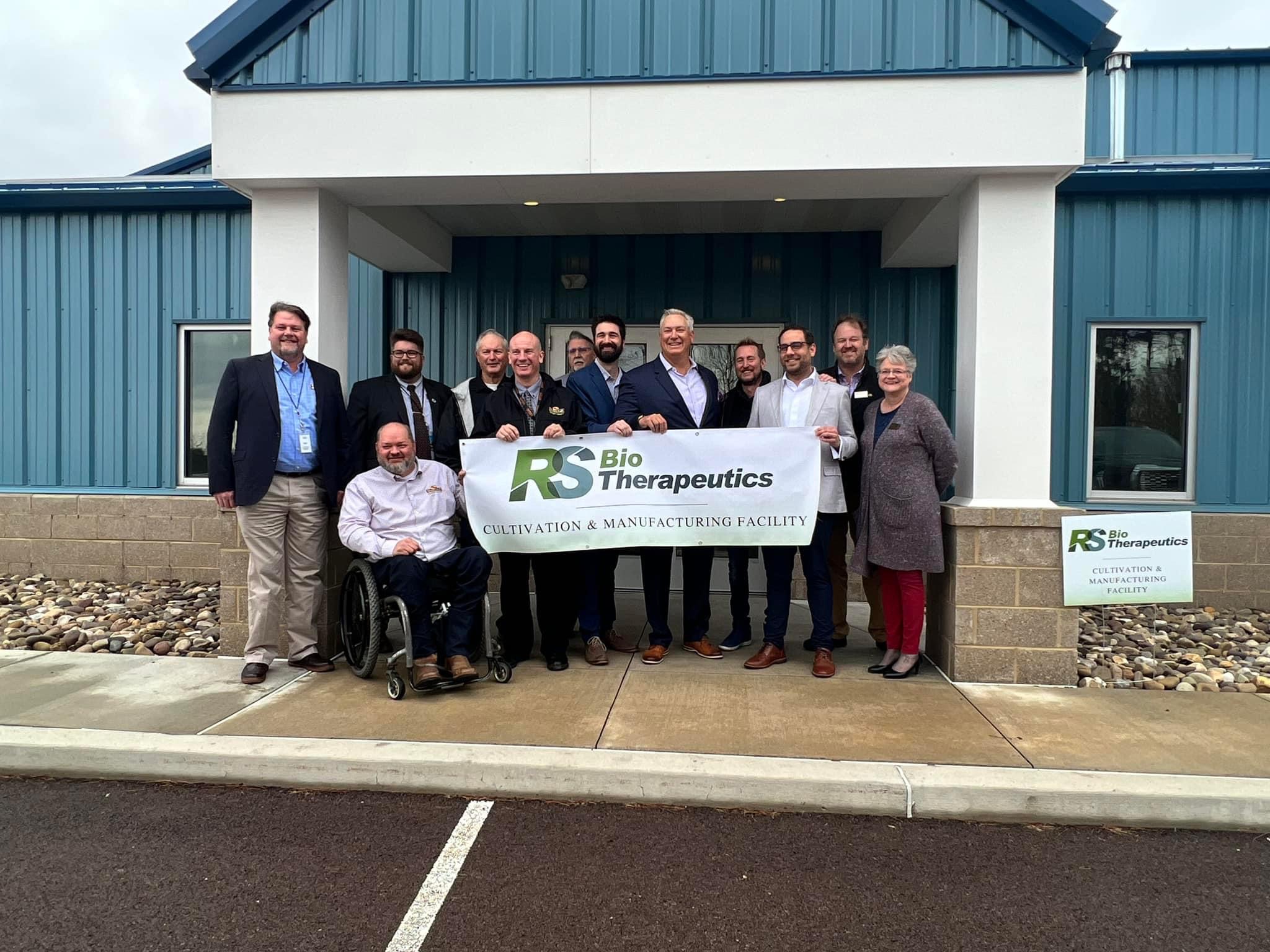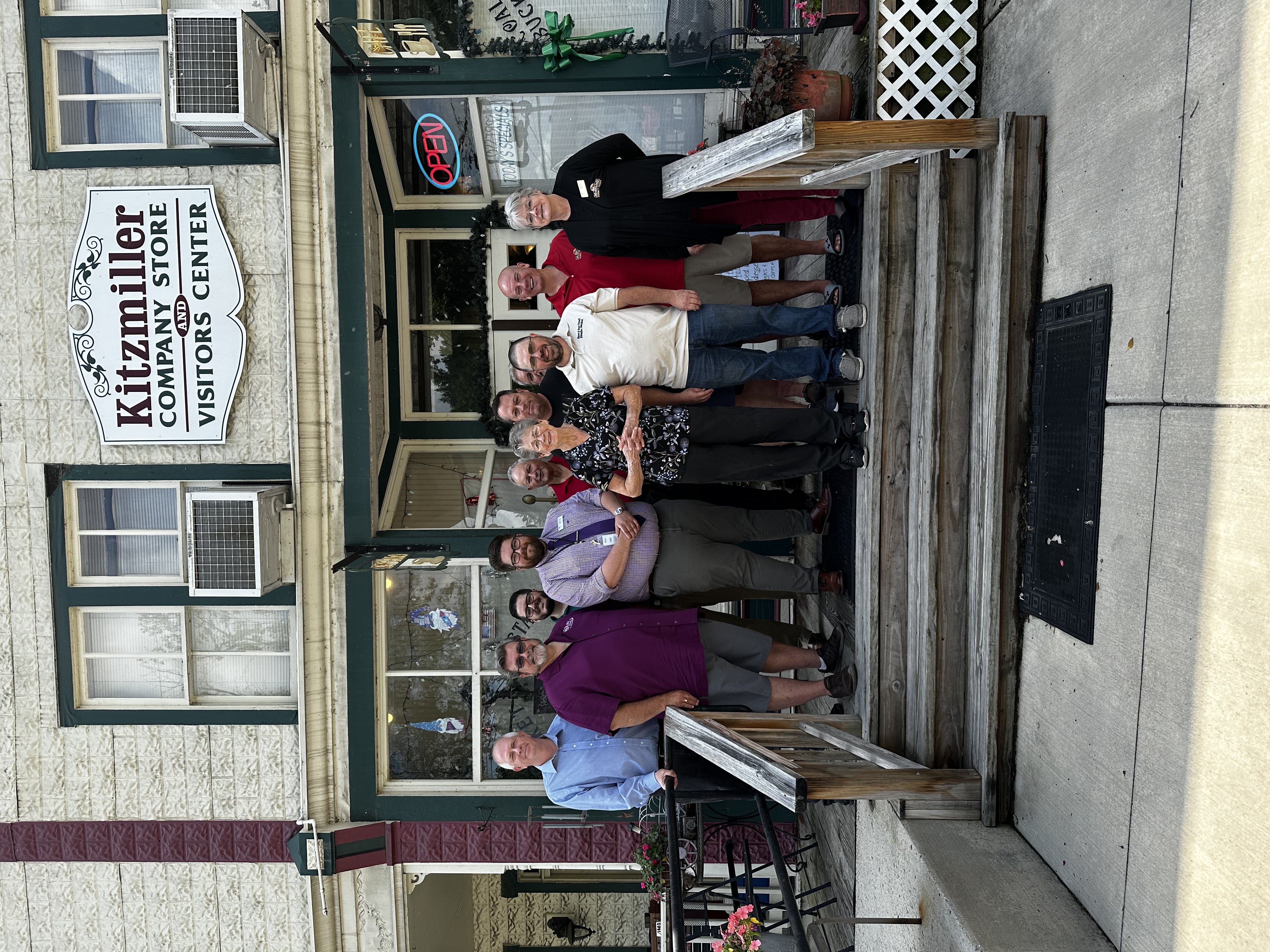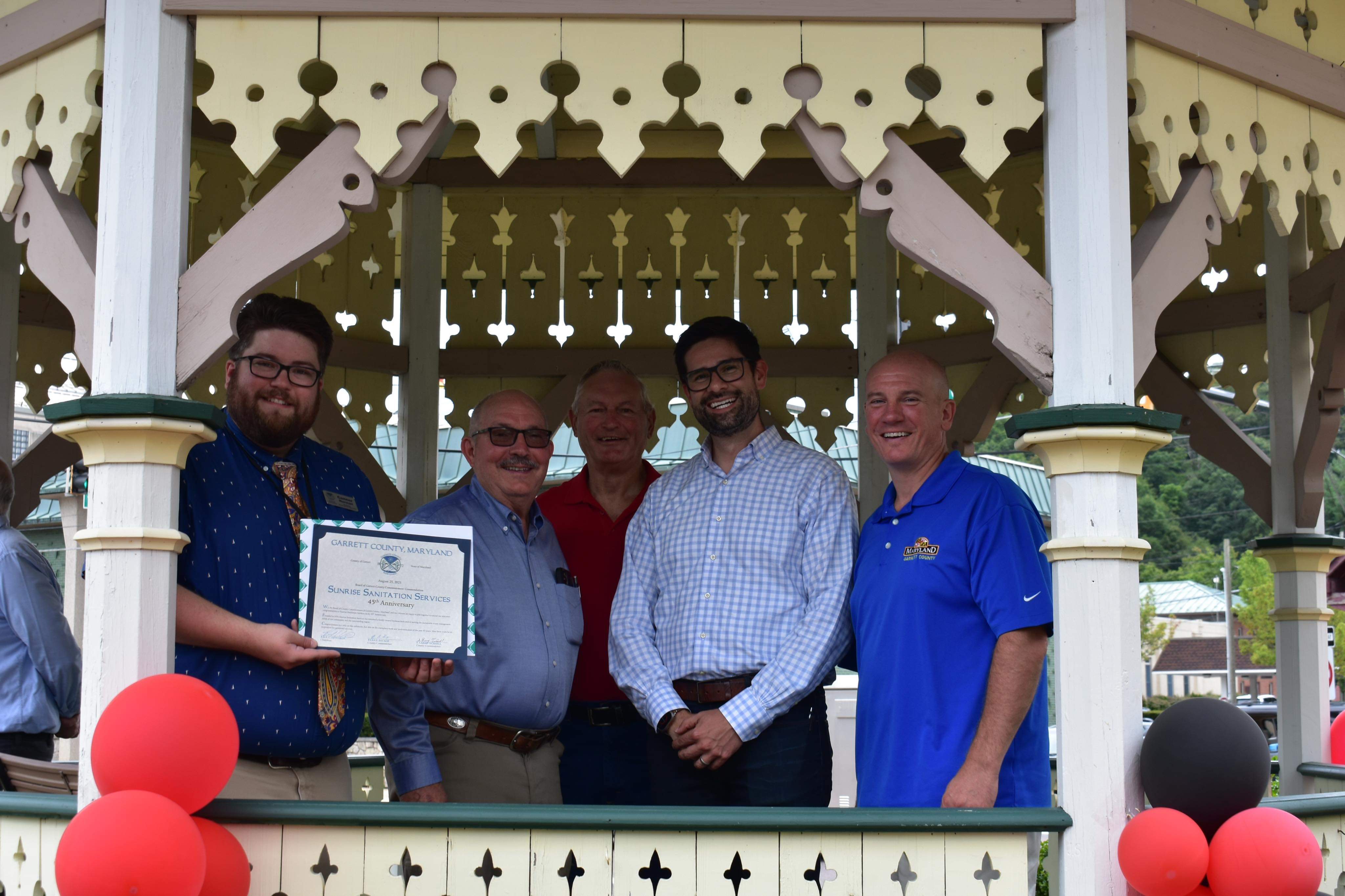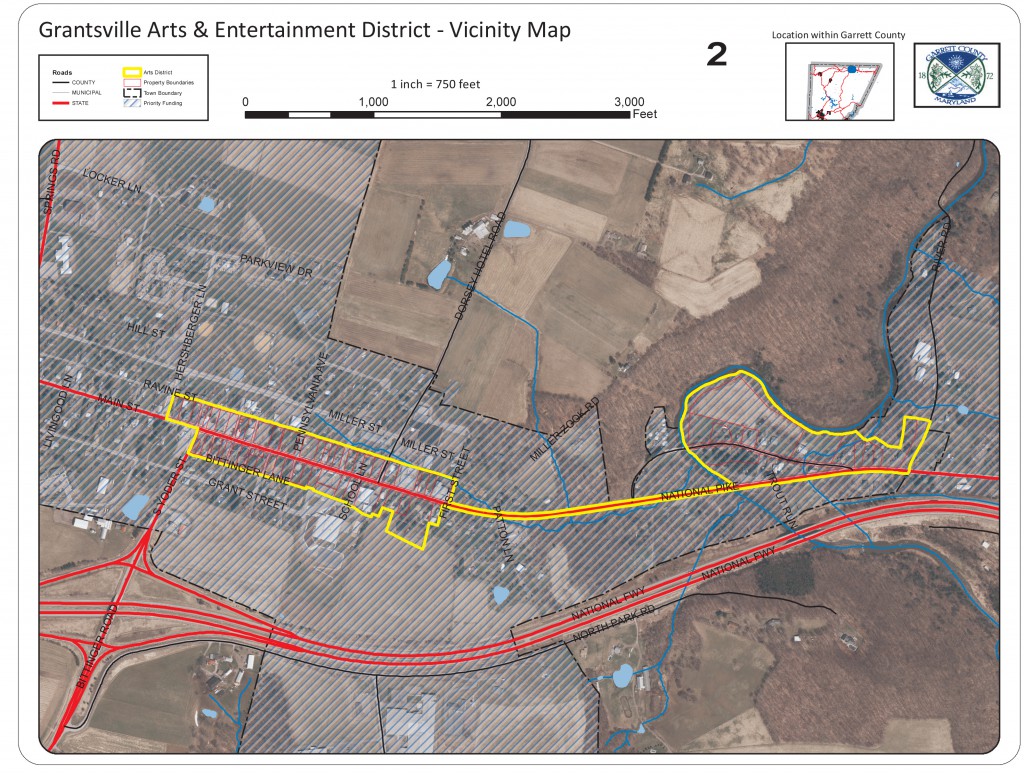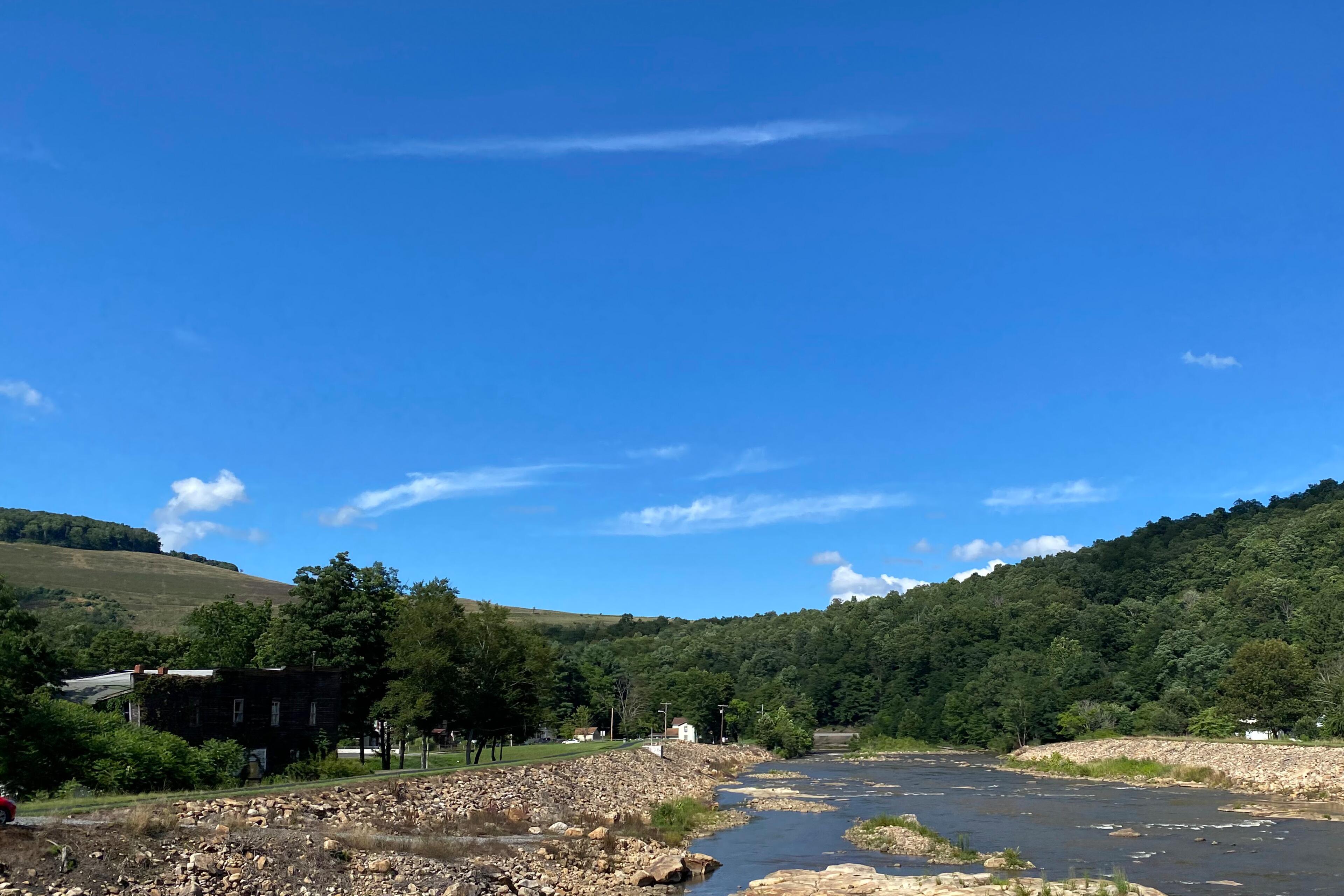If your business suffers financial losses as a result of the collapse of the Key Bridge and the disruption of activities at the Port of Baltimore, it is important that you check your business insurance policies to see if they provide coverage for those losses.
Check Your Policies for Potential Coverage Options:
- Make sure you have a complete copy of all of your commercial insurance policies including all riders and schedules relating to the policy. Do not rely on a policy summary, certificate of coverage form, or invoice. If you do not have the full and complete policy, contact your broker or your insurance company to ask for a complete copy. Insurance policies are complex contracts that consist of many parts and understanding what is covered and what is excluded requires a review of the whole contract. If you have difficulty obtaining a copy of your policies, contact the Rapid Response Team at the MIA for assistance.
- If you have an insurance agent, broker or advisor that helps you with your insurance, contact them to explain how your business has been financially harmed by the bridge collapse and/or the disruption of business at the Port. If coverage is a possibility, make sure you understand what information and documentation you will have to provide as proof of loss and work with your advisor to prepare your claim. If you are not sure what to do or are having trouble getting help for your adviser, contact the Rapid Response Team at the MIA for assistance.
- If you do not have an insurance agent, broker or advisor, or prefer to act directly, contact your insurance company to discuss how to submit a claim. Your insurance company representative should be able to identify the kinds of coverage that you have, but may not be able to tell you up front if your particular losses are covered. You will likely have to submit a claim. Make sure that you understand what information and documentation you will have to provide as proof of loss. If you are not sure what to do or are having trouble getting help from your insurance company, contact the Rapid Response Team at the MIA for assistance.
- If you are making a claim for loss of business income, you will need to prove the amount of net income that your business has lost because of the disruptions to Port operations. That will require you to produce the financial records, including evidence of income and expenses. It is a good idea to start gathering this information as soon as possible.
The Kinds of Coverage that Might Apply:
The kind of coverage that might apply will depend on the kind of loss that your business has experienced. This summary is focused only on coverages under insurance policies owned by you or your business - what is referred to as “first-party” coverage.
- Property Damage: If your physical property was damaged as a result of the incident, insurance may apply. Some individuals and businesses have noted damage to docks, piers, bulkheads, boats and watercraft from what they believe to be debris from the collision and collapse.
- Personal or Commercial Watercraft Insurance: Hull and Physical Damage Coverage. Damage from debris to boats, vessels or watercraft could be covered by personal or commercial watercraft insurance under what is typically called “hull and physical damage coverage.”
- Property Insurance (Personal or Commercial); Dock and Pier Insurance:Damage to docks, piers, bulkheads and similar structures may be covered under the same insurance policy that covers the land to which the structure is attached. “Dock and Pier” Insurance is an additional kind of coverage that homeowners or businesses may have purchased to protect these structures.
Loss of Business Income/Increased Expenses:
- Business Interruption Insurance: This is a type of commercial property insurance that protects your business from loss of income when your business cannot operate because of a covered cause of loss. This kind of insurance is often included as part of, or added an endorsement to, your commercial property insurance. Business interruption clauses and endorsements may add several kinds of additional coverages that broaden the scope of coverage, so it is very important to make sure that you and your agent are reviewing the entire policy as issued.
- Standard business interruption insurance usually only covers losses that result from a direct physical loss or damage to your premises or property from specified causes.
- Some policies also cover “service interruptions” resulting from physical damage to water, sewer and other utility lines servicing your premises.
- Some policies also include what is referred to as “civil authority coverage,” which is triggered when a governmental authority denies access to your premises, usually because of physical damage to adjacent properties.
- Some policies include additional coverage for “extra expenses” incurred to restore operations or to mitigate losses, as long as such expenses do not exceed the loss itself.
- Deductibles and waiting periods usually apply and coverage may be limited to specified time periods and sub-limits or to locations and property specifically identified in your policy.
- Contingent Business Interruption Insurance: This is a common extension of business interruption insurance that may be part of, or added by endorsement to, your commercial property insurance policy as an extension of business interruption coverage. Contingent business interruption insurance protects your business from a loss of income caused by a disruption of business at the premises of customers or suppliers that your business depends on to operate. Under most policies, the disruption at the third-party premises has to be caused by the same kind of physical damage covered under your commercial property policy. The third-parties and their premises usually must be identified on your policy. Deductibles and waiting periods usually apply and coverage may be limited to specified time periods and sub-limits.
- Non-Damage/Non-Physical Business Interruption Insurance: This is a form of business interruption insurance, including contingent business interruption insurance, which extends coverage to events that disrupt the flow of business income without causing physical damage. These are most often stand-alone policies owned by larger businesses and the scope of coverage depends on the policy language. Two more common kinds of NDBI Insurance that may provide coverage business income losses related to the FSK bridge event include:
- Supply Chain Coverages: Supply chain coverages are usually stand-alone insurance policies that cover losses you incur as a result of an interruption to your supply chain in the event of delays, natural disasters, transportation failures, production disruptions, strikes, and other external events that create a loss for your business. Coverage is triggered if an insured peril occurs somewhere along the insured’s supply chain and prevents or delays the movement of goods or materials from point of departure (e.g., from a scheduled supplier) to point of destination (e.g., to customers or a distribution center). Insured perils may include natural catastrophes, accidents and political risks.
- Trade Disruption Insurance (TDI) is a specialized named-peril form of insurance that is designed to fill gaps in coverage in classic property and marine insurance programs for business losses associated with supply chain disruption. These policies typically include coverage for lost profits from a delay or non-arrival of goods, including interruptions to production or loss of sales, extra costs and expenses, and similar contract penalties for failure to meet contractual requirements.
- Other Potential Coverages: Businesses, particularly businesses that operate in the manufacturing, trade, transportation and warehousing sectors, often have unique and specific forms of insurance that should be evaluated for potential coverage for losses related to the FSK event. Examples of coverage you should evaluate for coverage include:
- Cargo Insurance: Broadly, marine cargo insurance is a class of property insurance that protects against loss or damage to goods or cargo while being transported. It is designed to protect the sender of the goods (typically the manufacturer, wholesaler, or retailer). Freight insurance provides certain protection to freight forwarders and carriers.
- Cargo insurance extends to any goods in transit by road, rail, sea, or air, although specific policies may be limited to modes of transportation, such as “ocean marine” (which may focus on shipping via waterways) or “inland marine” (which may focus on focus on shipping via waterways) or “inland marine” (which may focus on shipping via roads or railways). These policies are not designed to cover losses resulting from delays, increased expenses (such as demurrage charges), or loss of income. However, such coverages may have been added back by extension of the marine cargo policy or as part of your overall shipping/cargo/transportation insurance program.
- Look for and talk to your broker about the existence and application of the following clauses or extensions, such as:
- Coverage clauses for “Sue and labor” costs and “warehousing and forwarding” charges.
- Extension clauses for deviation, delay, forced discharge, reshipment, “variation of the adventure,” and transshipment.
- Delay Insurance: There are a number of insurance products that can be acquired by shippers, transporters, ship owners and operators, and businesses that are ordering goods or supplies to protect against losses or increased expenses resulting from transportation delays. These coverages may include losses incurred for increased costs related to the inability to move goods, or spoilage of goods resulting from delays, or loss of revenue, contracts, or contract penalties resulting from delays.
- Marine Delay/Strike and Delay: A form of delay insurance for onshore and shipboard risks that covers loss of income and the financial impact of delays caused by a number of perils, including (based on policy language) physical obstructions, grounding, collisions, and the action of authorities.
- Interruption of Transit Insurance: This kind of insurance provides protection for the owner of goods that are being shipped by any mode of transportation in the event that the transit of the goods is interrupted or delayed due to risks that are insured under the insurance policy.
- Cargo Insurance: Broadly, marine cargo insurance is a class of property insurance that protects against loss or damage to goods or cargo while being transported. It is designed to protect the sender of the goods (typically the manufacturer, wholesaler, or retailer). Freight insurance provides certain protection to freight forwarders and carriers.
This is an Advisory from the Maryland Insurance Administration. This Guide is not an exhaustive list of coverages that may be available to protect your business. Trade credit and financial guarantee insurance, performance and payment bonds, and other coverages may help respond to losses that your business experiences. It is important to consider your entire insurance program with help from your insurance advisor or legal counsel.
